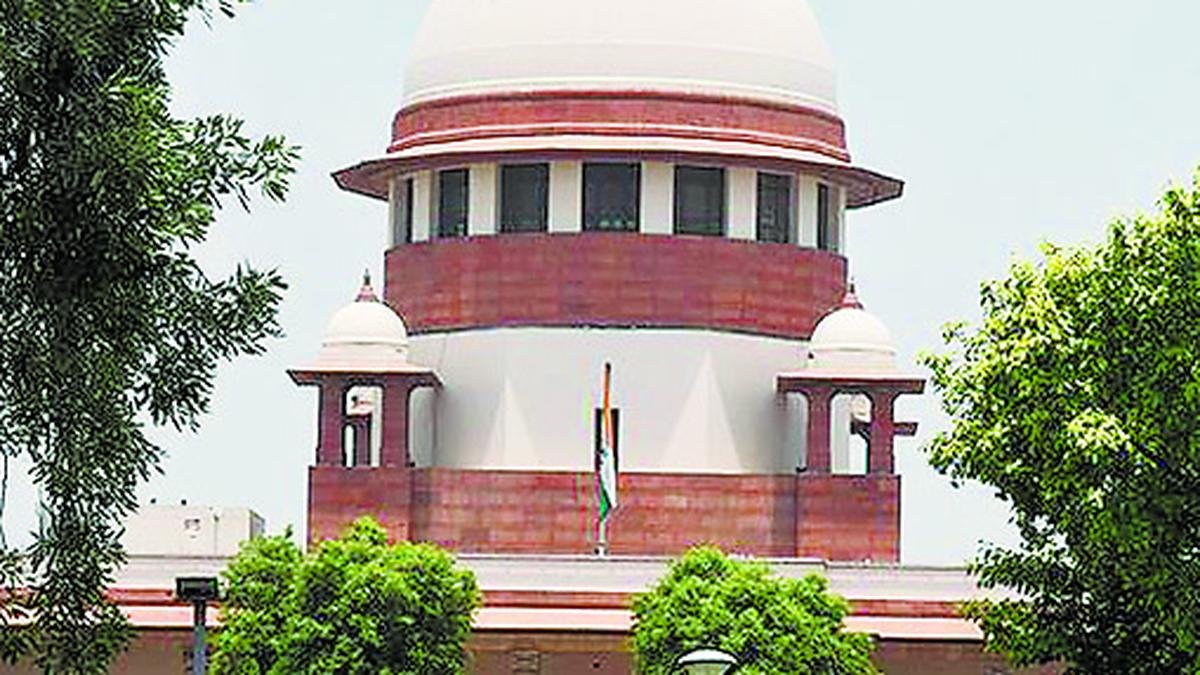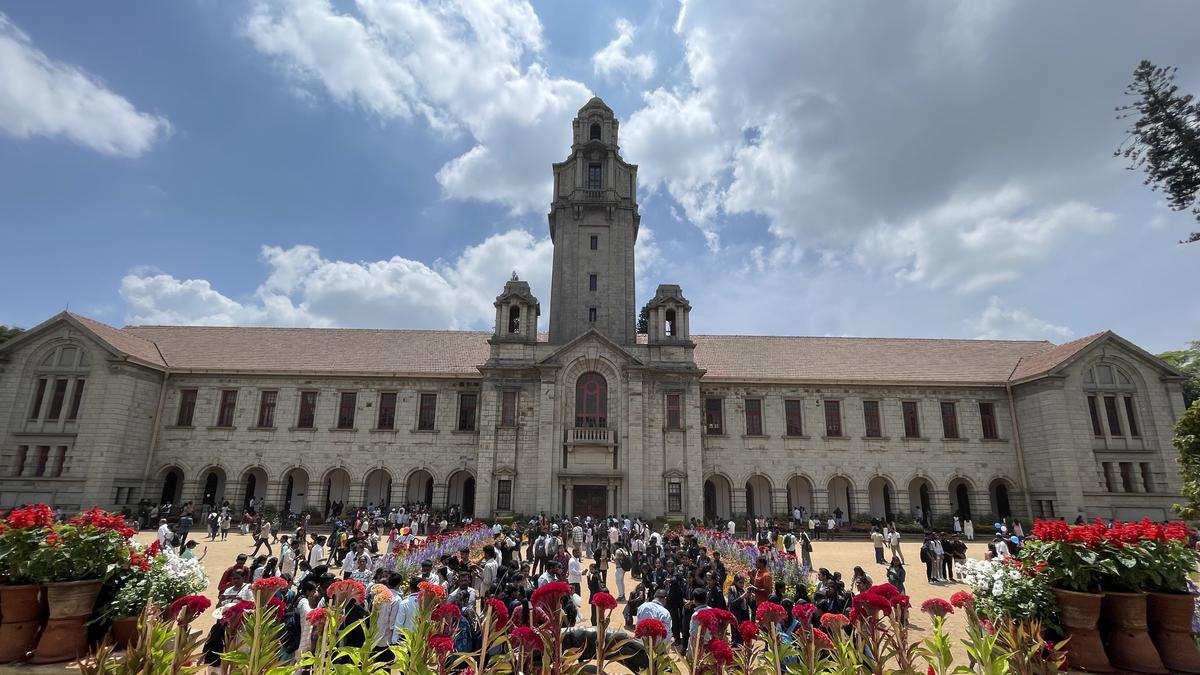Now Reading: Election Commission Open to Rectifying Errors, Supreme Court Observes
-
01
Election Commission Open to Rectifying Errors, Supreme Court Observes
Election Commission Open to Rectifying Errors, Supreme Court Observes

Quick Summary:
- The Supreme Court of India heard petitions challenging the Special intensive Revision (SIR) of Bihar’s electoral roll, which reportedly resulted in the exclusion of 65 lakh names from the draft roll published on August 1, 2025.
- Petitioners argued that many citizens, particularly marginalized groups in Bihar, were excluded due to lack of required documents or procedural errors.
- Senior advocate Kapil sibal stated only 3.05% of people in Bihar had birth certificates and criticized presumptive exclusions based on citizenship verification.
- Justice surya kant and Election Commission representatives said errors could be fixed at the booth-level and insisted Aadhaar cards and other photo identity proof could be used for verification, though not conclusively proving citizenship.
- The majority excluded are reportedly poor or those affected by floods or migration; activists warned against burdening citizens to prove eligibility as this may disenfranchise large sections unwarrantedly.
- Activist yogendra yadav described this revision as a “tectonic shift,” potentially resulting in mass disenfranchisement unlike any recorded globally, while advocating citizen inclusion instead of exclusion during revisions.
Indian Opinion Analysis:
The Special Intensive Revision (SIR) process appears to have sparked significant concern regarding systemic barriers faced by socio-economically vulnerable populations in India’s electoral system. While procedural safeguards exist for correcting issues at booth levels and inclusion mechanisms are promised by authorities like ECI, widespread negative impacts-such as poverty-related document gaps-could impede voter participation. Past instances like high-margin shifts elsewhere also statistically warns doors toward provocating effect/errors debates-summaryvloer-exclusion trends























